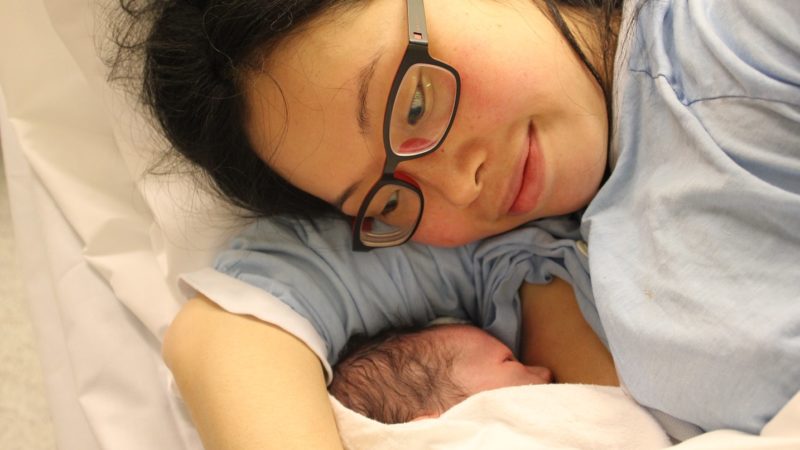
Breastfeeding and Health Care Experiences
PSG’s Breastfeeding and Healthcare Experiences group are interested in the vital role that health professionals play in supporting mothers to breastfeed successfully.
UK breastfeeding rates are poor. In their 2017 Position Statement on Breastfeeding, the Royal College of Paediatrics and Child Health (RCPCH) note that:
The UK has one of the lowest rates of breastfeeding in Europe [..] An analysis of global breastfeeding prevalence found that in the UK only 34% of babies are receiving some breast milk at 6 months compared with […] 71% in Norway..
One of RCPCH’s key recommendations from the same report:
Breastfeeding is a natural process. However mothers may require support, knowledge and education. With such support, the expectation is that most women will be able to breastfeed.
However, the World Breastfeeding Trends Initiative shows that the level of training that UK health care professionals (HCPs) receive on breastfeeding as part of their pre-registration training varies widely between professions, with few relevant professions meeting the WHO standards.
The mothers in this group are keenly aware of the practical implications of this lack of training on the ground; all are members of breastfeeding communities on Facebook, where it is common to read stories from mothers about sub-standard advice given to them by HCPs.
Study: Breastfeeding and Healthcare Experiences
The group collaborated with Dr Gavin Brooks of the University of Lancaster to explore the effect of interactions with HCPs on the infant feeding journeys of mothers who breastfeed or who wanted to breastfeed.
Written narratives of infant feeding journeys were collected and the text analysed using corpus linguistics techniques and free Ant Conc software by a team of group members.
Preliminary results
741 breastfeeding narratives – comprising 257,319 words – collected, along with survey data.
Issues
- the early days are crucial.
- “throw away” comments can make or break breastfeeding for many mums.
- lack of time for staff a major factor.
- tongue tie seems to be commonly missed or down-played.
- problematic latches and the effective transfer of milk were a significant issue but often the focus was on treating weight loss, thrush, mastitis or nipple damage rather than the underlying problem.
What worked / what mothers wanted
- Listening to the mother is the most important thing.
- The success stories normally happened when one person listened to the mother about the whole situation and worked through everything step by step.
- HCPs need to be ready to listen to what mothers want/need before offering any advice.
- HCPs working with mothers should be prepared to admit they don’t always know the answer and be willing to look in to it

